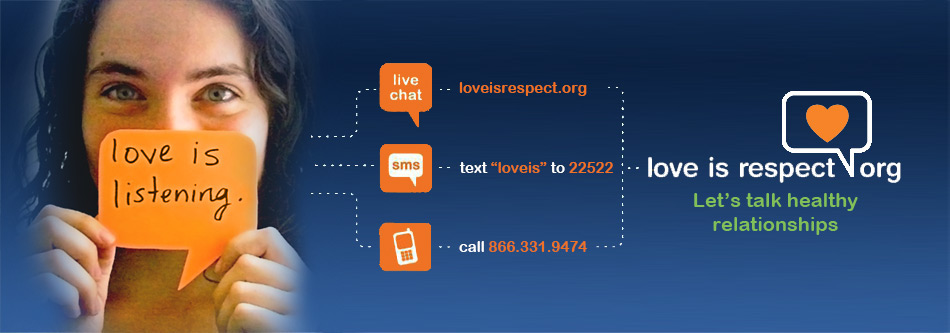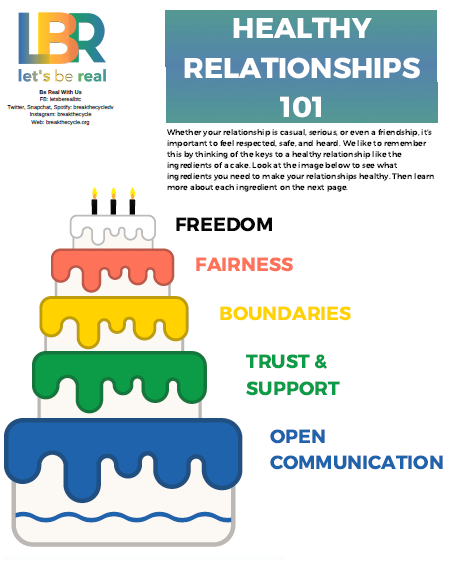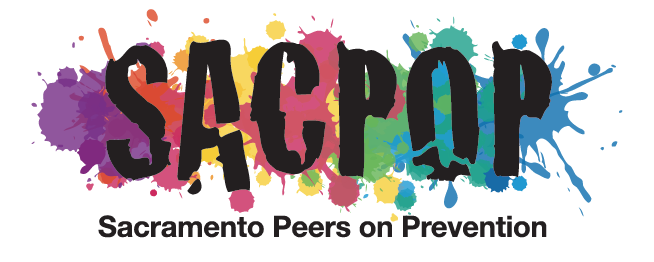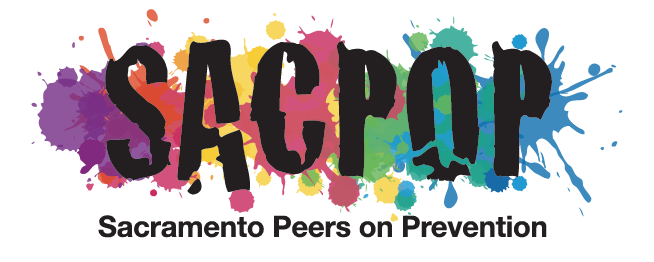
Healthy communication is fundamental when building a strong foundation for committed relationships. In 2019, I encourage those in romantic relationships to engage in open, nonjudgmental discussions about their needs, wants, and fantasies.
In this exercise, each individual is an equal contributor to creating a healthier partnership. Active listening is a main feature because both parties must work to understand the thoughts shared in order to come up with strategies for attaining the needs and goals for the relationship.
Providing positive emotions and being empathetic towards one’s partner will help create a supportive climate for sharing, which will strengthen that romantic connection. However, it is also important to be aware that it is possible to over-communicate, especially for young people in our highly technological and socialized world. In this case, both partners must be mindful of the underlying motivations behind the need to constantly be in touch with each other as it can be hurtful.
Partners must find a healthy communication method that is mutually convenient and satisfying in order to address individuals’ needs and desires. Any issues, doubts, insecurities, and temptations can be resolved by engaging in this communicative exercise, which will help to reinforce and enhance committed relationships among young people.
Tips from Planned Parenthood
Healthy communication takes practice and planning. Here are some tips to help you get started.
- Use “I statements.” Say things like, “I feel upset when you ___” instead of, “You’re making me upset.” Steer clear of blaming or accusing them of purposely trying to hurt you.
- Be clear and direct. No one can read your mind, so tell them what you think, feel, and need.
- Don’t push aside your feelings. Bring up things that bother you early on so they don’t build up and become bigger problems.
- Build trust. Unless someone has given you a reason not to, believing that they’re telling you the truth and assuming that they mean well helps establish trust.
- Ask questions. If you don’t understand what they’re saying or why, ask questions. Don’t make assumptions.
- Talk in person. It’s really easy to misunderstand or misinterpret a text message or email. Talking in person (or through video chat) will allow you to hear their tone of voice and see their body language.
- Don’t yell. Getting angry or defensive during an argument is totally normal. But if you’re feeling upset or angry, take a break until you both cool off.
- Be willing to apologize. Everyone makes mistakes. Saying you’re sorry (and meaning it) goes a long way in helping to move on after a fight.

Source:
https://positivepsychologyprogram.com/communication-in-relationships/
https://www.plannedparenthood.org/learn/teens/relationships/all-about-communication
Home – loveisrespect
By Laura R., a loveisrespect advocate Most of us have grown up watching Disney movies, and the Disney princess movies are a particularly important part of that franchise. There’s nothing more nostalgic than re-watching these films, and it’s common for us to idealize Disney princess relationships as THE perfect fairytale relationships.

